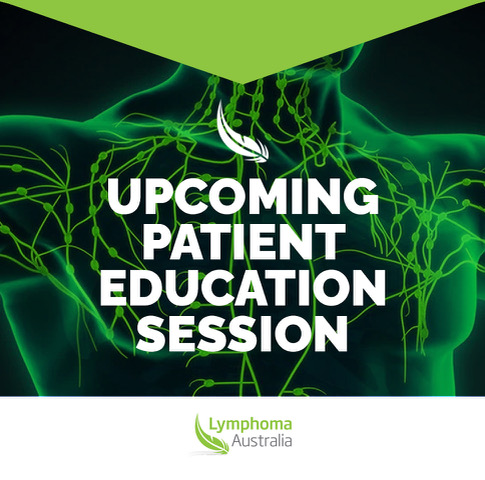Final Date TBA
Are you an adolescent or young adult (AYA) with lymphoma struggling to navigate the healthcare system?
The You Can team of experts will provide tailored advice on how to access appropriate health services and support, including social and welfare considerations that are specific to AYA patients.
They will also discuss the importance of exercise during treatment and provide tips on how to safely incorporate physical activity into your routine, as well as strategies for staying active and taking care of your overall health and wellbeing.


